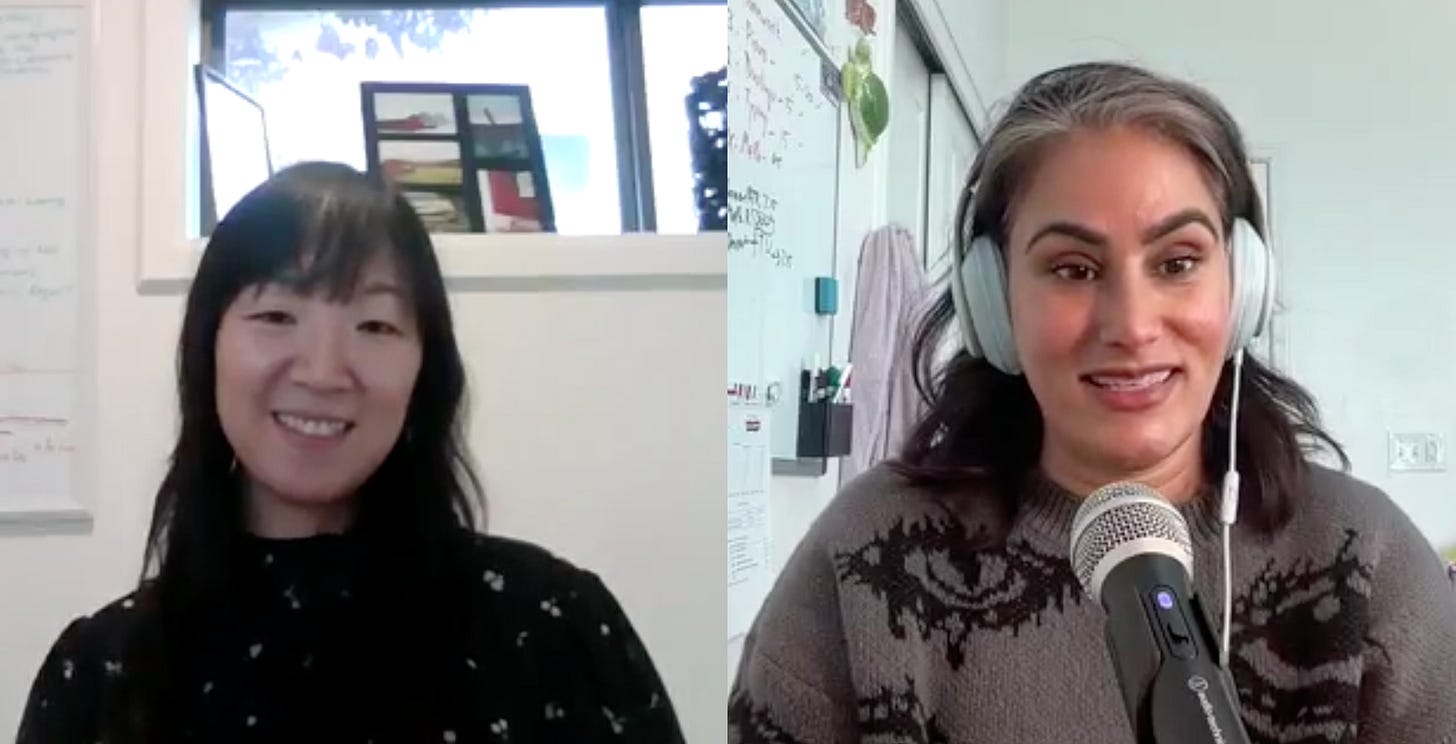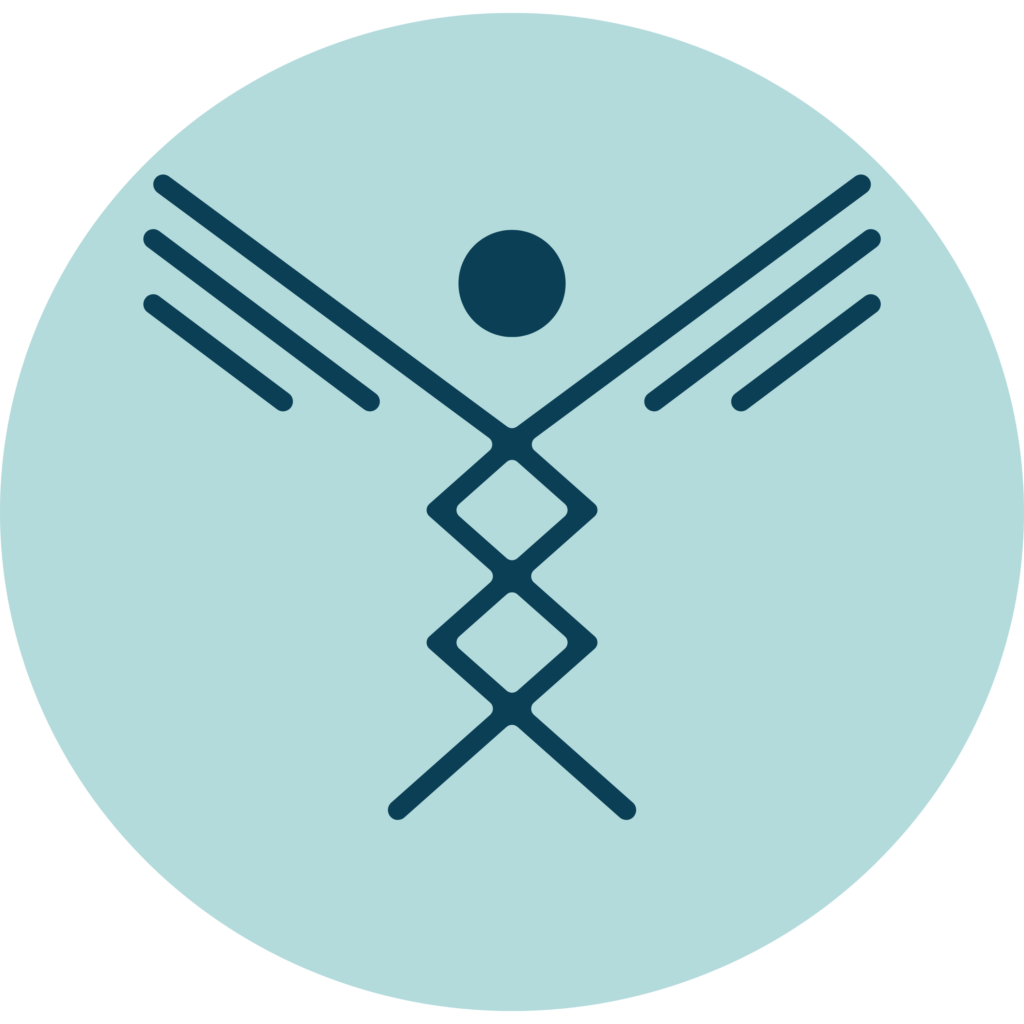Dr Zed Zha is both vocal and reflective. A family medicine physician in rural Washington (a ‘country doctor’ as she calls herself), she insists on keeping the patient at the center of healthcare, despite increasing corporate influences. She pushes back on insurance companies that deny coverage of necessary treatments, and on colleagues who don’t put patients first. A storyteller and patient advocate, Dr Zha insists that the traditional power dynamic between patients and physician must shift, especially if we’re going to treat long COVID effectively. “Patients are the experts of their bodies,” she says, “and some long COVID patients are experts on the disease!”
On the latest episode of Long Covid, MD I asked Dr Zha questions that are central to this moment in medicine: How can doctors listen to patients? How can medical professionals do better?

Patients Provide Answers
I thought Zed would have some insight into these questions. After all, her Substack is called “Ask the Patient.” Using online polls, she poses questions to patients asking about their medical experiences and ways physicians can do better. To date, she has collected 26,000 data points on issues ranging from diagnosis to treatment. Dr. Zha poses deceptively simple questions to the public: Do you feel heard by your doctor? Do you fit the textbook? Do you feel powerless in the healthcare system? The answers are eye-opening, but more importantly, they reveal just how far medicine has to go.
What She’s Discovered:
- 88% of responders say the symptoms of their diagnosis don’t fit the textbook
- 91% worry about offending their doctor’s ego during an appointment
- 96% value their doctor’s humility more than their academic title
Granted, Dr Zha uses informal polls from social media platforms, but these remain shocking and humbling numbers. As Dr Zha and I both know, from personal and professional experience, medicine is a culture, not just a science. It’s a culture that often rewards authority over humility, certainty over curiosity, and efficiency over true presence. For those living with complex, chronic, or invisible illnesses like Long COVID, this culture can be actively harmful.
Here’s More of What Dr Zha and I Explored Together
Power In the Exam Room
We began with a simple but difficult question: Why do so many patients feel they must “perform” in the exam room to be believed by their doctor? I certainly know what it feels like to rehearse your story, manage a provider’s ego, and try “earn” care, and I’m not alone. Dr. Zha emphasized how this is a burden for many patients, perhaps because even well-meaning doctors can unconsciously wield power in ways that leave patients exhausted and unseen.
“Imagine what it would feel like to walk into a clinic and already be given credit,” Dr Zha said.
“How much energy could patients save for healing instead of proving they deserve help?”
Language Shapes Reality
We talked about the subtle, and sometimes not-so-subtle, ways that language in medicine dehumanizes patients. Phrases like non-compliant, poor historian, or failed treatment locate the problem in the patient, rather than in the system or the care itself. Even describing patients as “cases” distances us from the person in front of us.
Zed urges clinicians to examine the way we speak: Would I want that written about me in a chart? If not, we shouldn’t write it about our patients.
Medicine trains us in shame
As physicians, we’re taught that not knowing is shameful, and sometimes that results in physicians being hesitant to ask questions. But when clinicians are too afraid to admit what they don’t know, especially in uncertain conditions like Long COVID, it’s patients who suffer. Dr Zha and I talked about how shame pervades training environments and how it feeds a culture of silence and performance, rather than one of honesty and collaboration.
“I didn’t go to morality school,” Zed said. “I went to medical school. So why do I judge patients morally for their choices, instead of partnering with them in care?”
What it means to really share power
Throughout the conversation, Dr Zha offered small but powerful shifts physicians can make, including:
- affirming patients’ research efforts instead of dismissing “Dr. Google”
- calling each other in when we use outdated or harmful language.
These changes might seem minor, but they matter deeply to the people in front of us. And cumulatively, they add up to a new culture of medicine—one rooted in trust, humility, and shared authority.
Rewriting the textbooks
One of the most moving moments came near the end, when Dr Zha shared the results of a poll in which 88% of patients said they don’t see themselves in medical textbooks. The implication? It’s not enough to question what we’ve been taught. We have to rewrite the curriculum. That work begins by including the voices and expertise of patients, especially those long dismissed by the medical establishment.
This conversation is for anyone who’s ever sat in a clinic room feeling unheard. It’s for clinicians trying to unlearn what they were taught. It’s for patients who’ve had to become experts just to survive.
